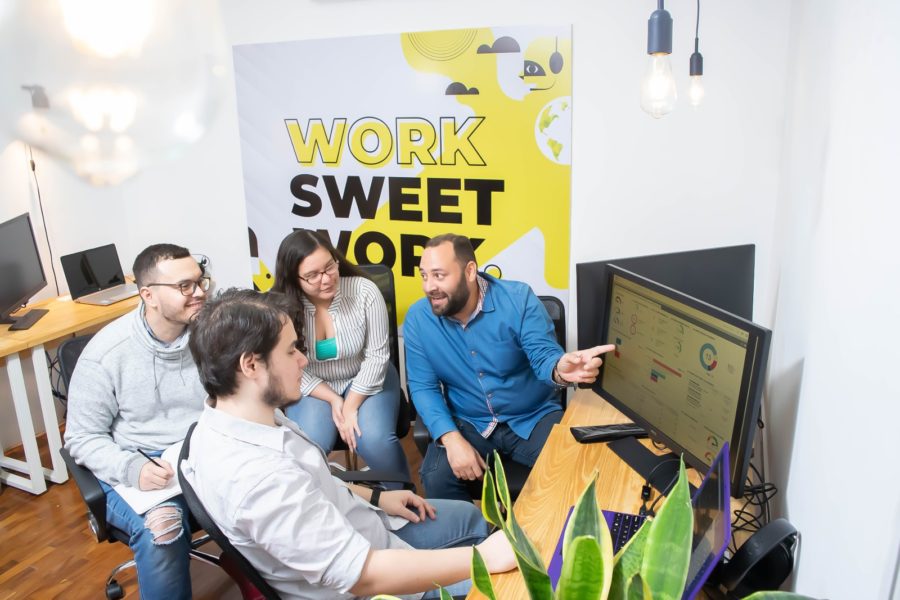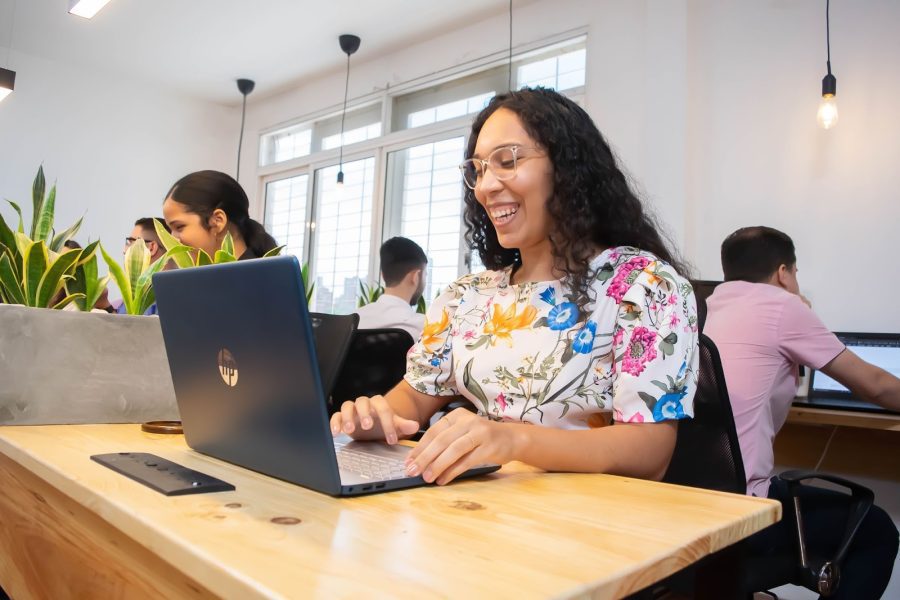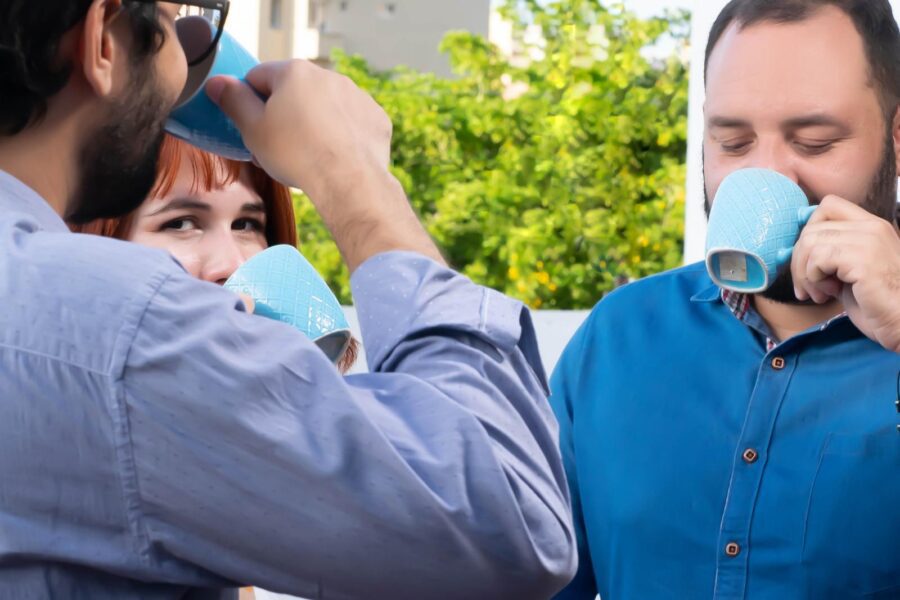When you enter the workforce, most of your everyday brainpower will be dedicated to fulfilling routine and/or automatic tasks. That highly depends on your job, but most jobs that fulfill tasks with enough time will start to feel like they are done automatically.
However, that shouldn’t be the end of your responsibilities. Once you’ve mastered your tasks, it’s time to go further. It’s time to ask yourself: Where do I go next?
Unfortunately, we can’t answer that question, but we can help you find it yourself.
The trick is to focus not only on your performance but also on your thinking. Improving the way you solve high- or low-priority issues around your workspace will help you become indispensable in your work area.
That opens the possibility for a raise, a promotion, or even a better option for future recruitment! But how can we reach this mental state? What can you do to become a problem solver?
The first step is right here.
This article will show you how to become a problem solver. Your journey will begin by learning how to develop or improve critical thinking.
Let’s begin!
What Is Critical Thinking?
Critical thinking is analyzing information to get the best answer to a question or problem. By drawing upon your experience, reasoning, observation, and communication with others, you can make informed decisions that yield positive solutions.
This applies in the workplace when you sort among practical and arbitrary details to develop a big-picture perspective that leads to an impactful decision or solution to a problem.
On the other hand, If you find yourself stuck in your career path, many times, it’s due to a lack of critical thinking.
Critical thinking skills are precious in the business world. Recruiters and employers always search for people with this skill set because these freelancers or employees often become high performers.
Why Critical Thinking Is Important
Here’s a list of various ways to improve critical thinking skills in the workplace. They’re not in any particular order, so feel free to begin with the one you feel the most comfortable with. When you fulfill them all, we assure you that you’ll become a stronger employee!
Improve Your Self-awareness
You can start by thinking objectively about your likes and dislikes. When you understand your personal preferences, strengths/weaknesses, and biases, you’ll know why you approach specific situations from a particular perspective.

This means considering your thought process, values, morals, ethics, and other beliefs to understand the why of your own decisions.
Understand Your Mental Process
You’ll start by understanding how you listen, interpret, and react to information. Try to become an active listener! Doing this will help you identify and evaluate how you receive and process information, which is vital to becoming more mentally efficient in the workplace.
Take the time to analyze your mental process prior to making work decisions, and you’ll start to be more objective. That’s the fundamental of being a critical thinker: to recognize your own prejudices and how they influence solutions and decisions.
Start Thinking Ahead
Did you know that it is possible to develop foresight?
Well, it’s not actual foresight like a magician’s skill; it is considering how others might feel about a situation or your decision and determining the possible outcomes.
Think about what might change, both positively and negatively, when you make a decision. You’ll start to develop foresight to predict the reactions to your actions, and by looking for the positive one, you’ll make the right choice.
Ask Questions
When you’re unsure about something, always ask questions.
A quick tip is to start with what you already know and confirm that you have all of the details correct, then move to what you don’t know or understand very well. Remember that you can always ask to have points repeated and ask for more details.
At the end of this process, we recommend asking yourself if something is a fact, an opinion, or an idea in order to properly assign purpose and value to a piece of information.
Evaluate Existing Evidence
Here’s where previous experience comes in handy. When you’re facing a challenge that feels rather similar to one you’ve faced before, it’s time to ask yourself, “What did I learn from that experience?”
And if you’re facing a challenge you’ve never faced before, this doesn’t mean you have to go blindfolded. Maybe there are people in your own working area who have overcome the same challenge before, so we encourage you to ask them instead.
Here, you’ll be applying this tip and tip #4, so remember to check it out again if you have any doubts or contact us with more questions!
Remember that by conducting research, sorting facts, and using previous experience as evidence, you can arrive at a more applicable and effective solution for your present.
At Freelance Latin America, we encourage this critical thinking behavior in all of our freelancers. We focus not only on our customers by providing them with an amazing workforce to fulfill their projects but also on our freelancers. We give all of them the opportunity to grow personally and professionally alongside us so that we can fulfill all of our projects!
We also invite you to work with us as a freelancer! But before applying, we recommend that you check our website, blog, and social media to learn more about us.
Once you’re done, you can contact us here!
See more articles by Ender Cárdenas.






